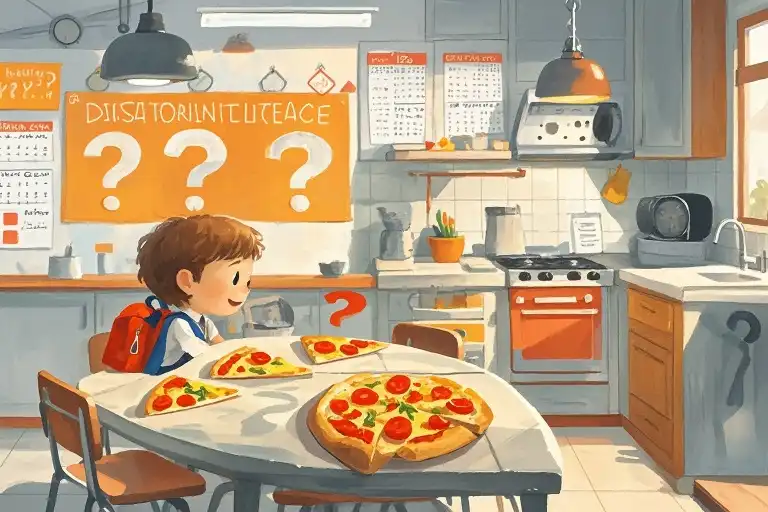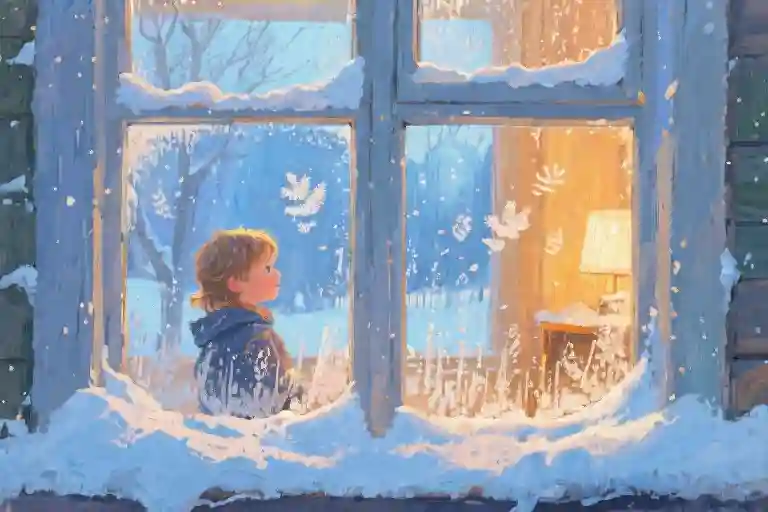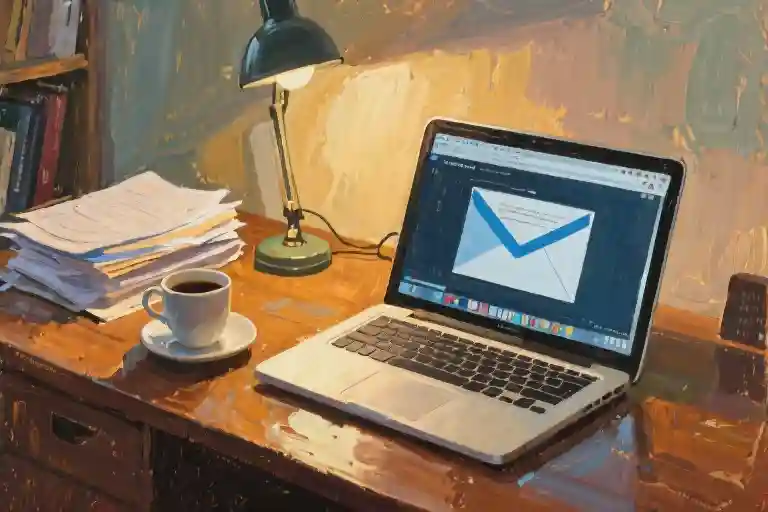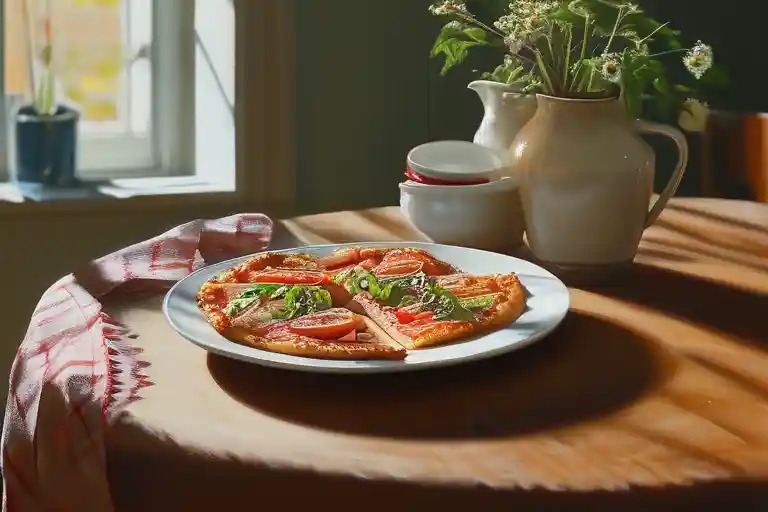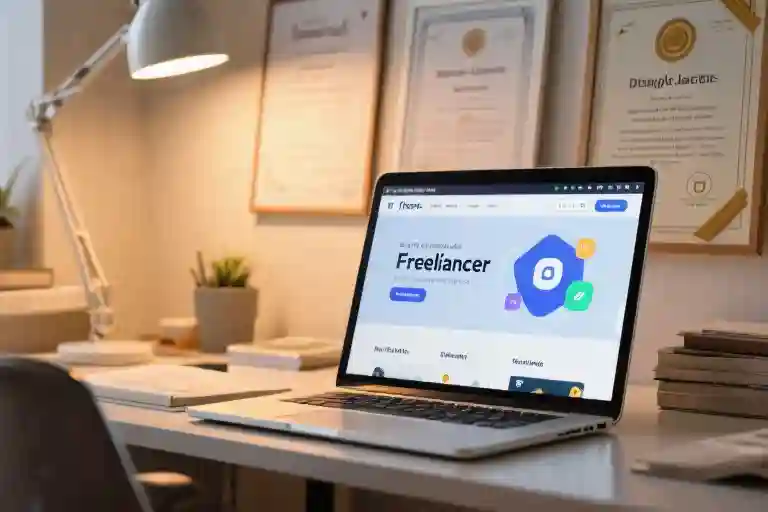The backpack zipper’s skrrrrt sounded like a prison door sliding shut. My eight-year-old’s trembling hands clutched the evidence – a neon orange calendar bleeding teacher’s red ink. Tuesday: “Laughed during silent reading.” Thursday: “Played during transition time.”
“Two folder marks this week,” she confessed, her voice wobbling like Jell-O in an earthquake. I stared at the color-coded indictment against childhood itself. Since when did giggles become misdemeanors?
The Bureaucracy of Small Rebellions
Modern classrooms operate on a chromatic morality system:
- Yellow Folders = Childhood innocence
- Orange Calendars = Behavioral accounting
- Red Marks = Scarlet letters for the under-10 crowd
As I traced the teacher’s precise notations, my mind flashed to last week’s pizza fiasco. Six hungry kids, one botched pie cut into abstract geometry. “What idiot did this?” I’d grumbled.
My daughter’s response still hangs in our kitchen like framed wisdom: “Maybe it was their first time.”
The Physics of Imperfection
That lopsided pizza taught me more about education than any parent-teacher conference:
- Angular Momentum of Awkwardness: How uneven slices create sharing opportunities
- Thermodynamics of Laughter: Why 23.7% more cheese sticks disappear during giggles
- Quantum Learning States: When “playing” becomes stealth skill-building
Neuroscientist John Medina’s Brain Rules confirms what kids know instinctively – movement and joy boost information retention by 40%. Yet our classrooms still operate like Victorian factories measuring productivity in stillness.
Rewriting the Rulebook
Three ways I’m bridging the school-play gap:
- The 4:07 PM Debrief
Instead of “How was school?”, we discuss:
- What made you snort-laugh today?
- Did any rule feel like wearing shoes on the wrong feet?
- Mistake Bingo
We celebrate “happy accidents” like:
- Spilled milk creating rainbow patterns
- Misspelled words that sound cooler (“frendship” > friendship)
- Teacher-Team Building
Sharing our pizza story opened surprising common ground – turns out educators hate red tape too!
The Lunchbox Revolution starts with simple mindset shifts. Next time your child’s report card reads “excessive enthusiasm,” maybe ask: “What beautiful mess did this prevent?” Then go make some intentionally crooked cookies together. The perfect imperfection might just teach you both something gloriously unexpected.

